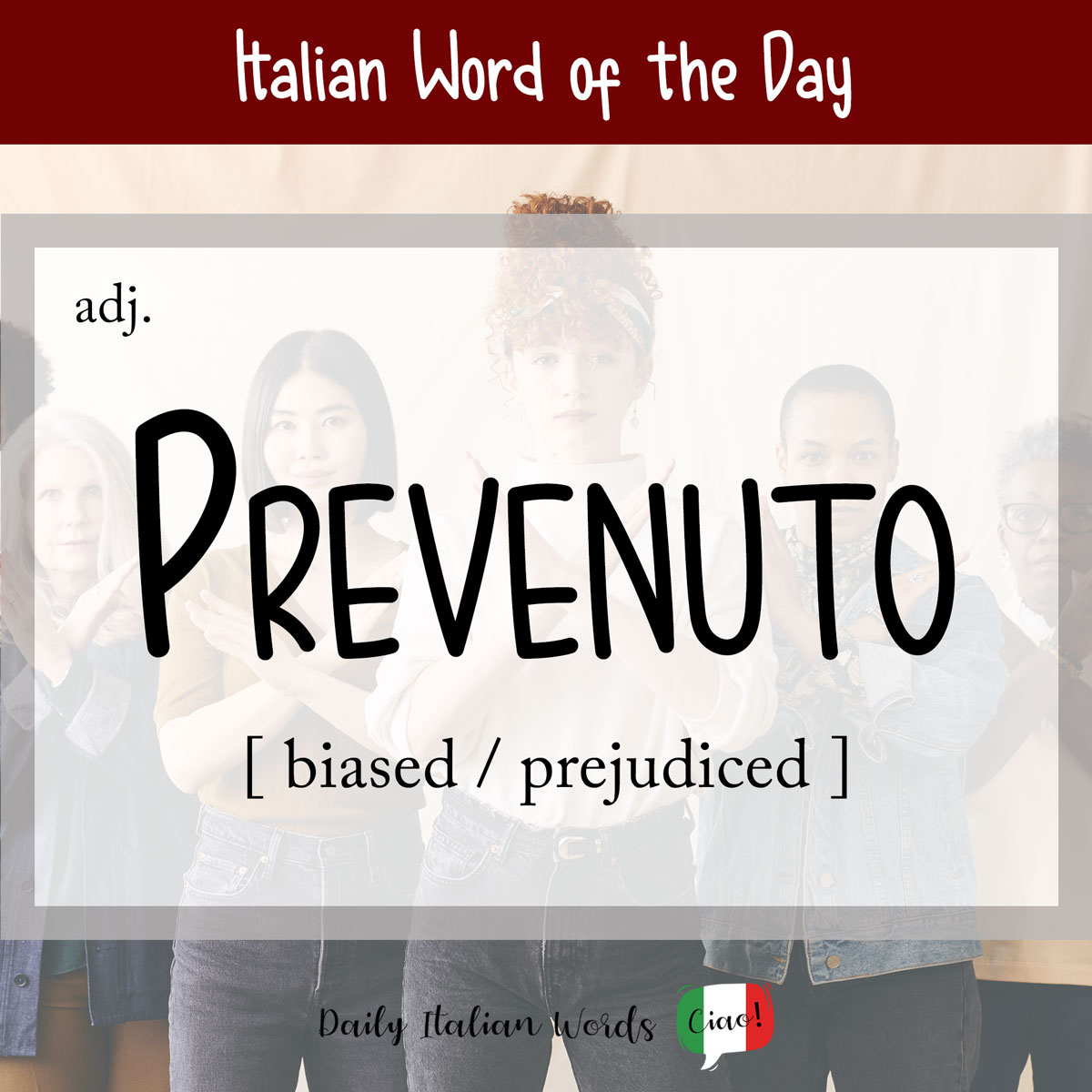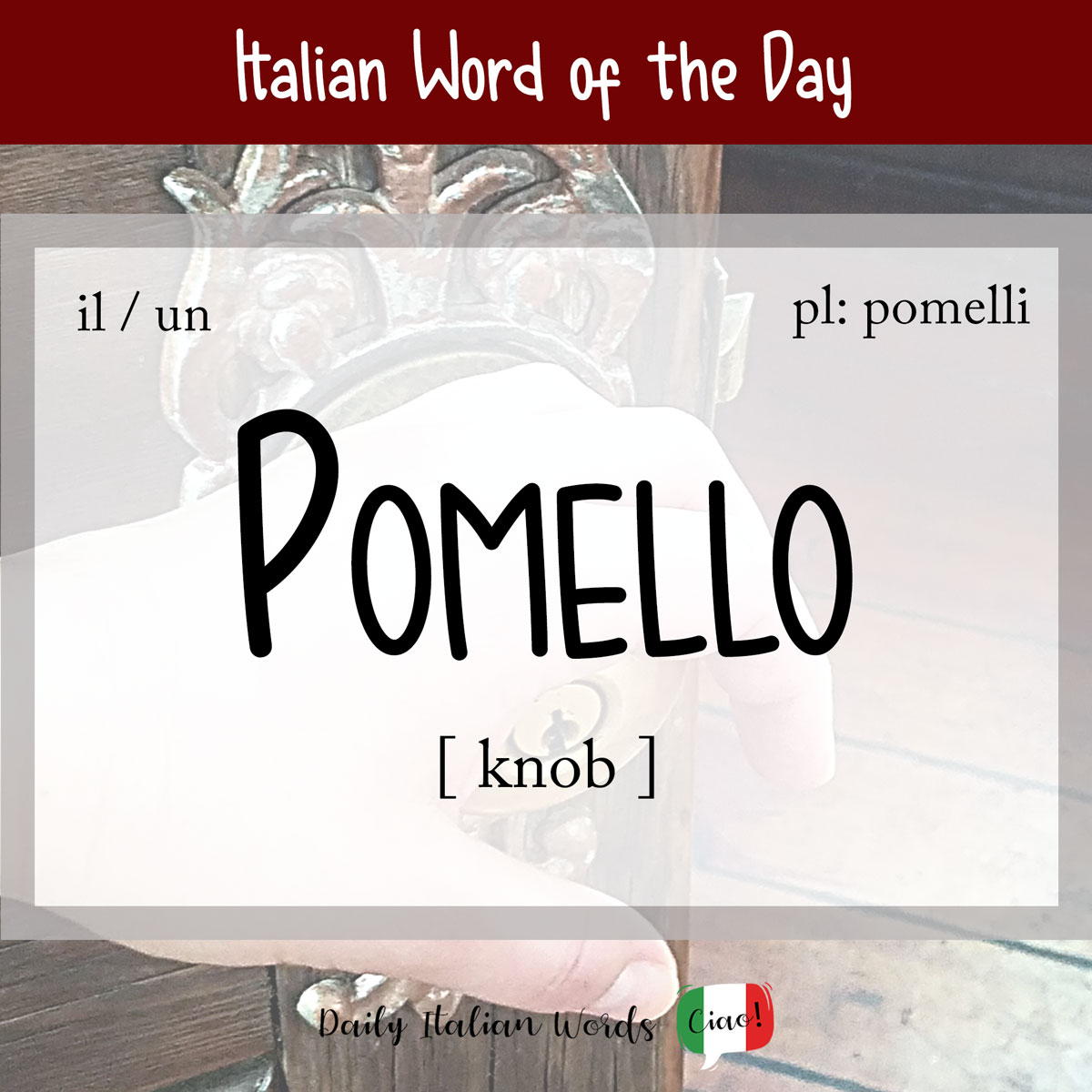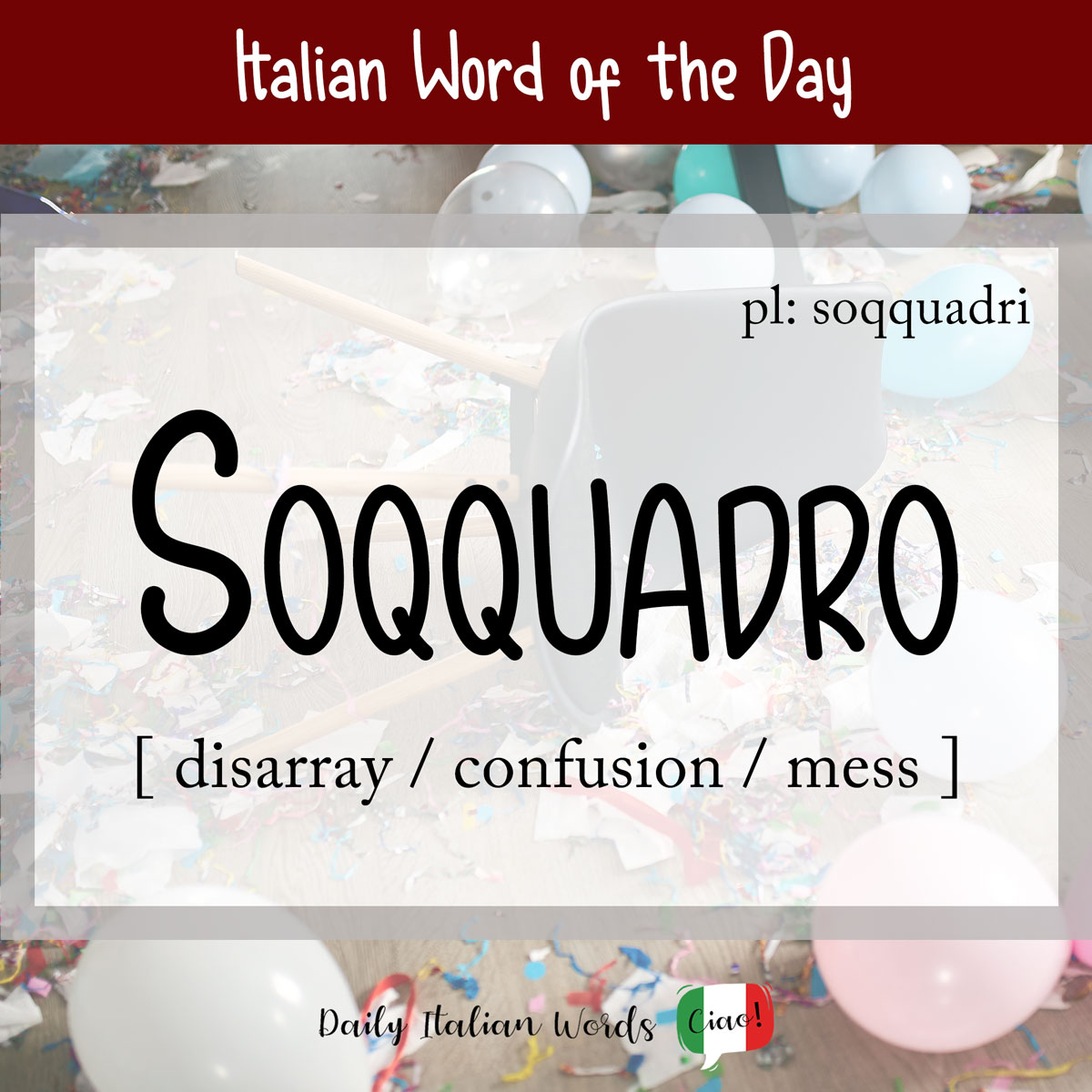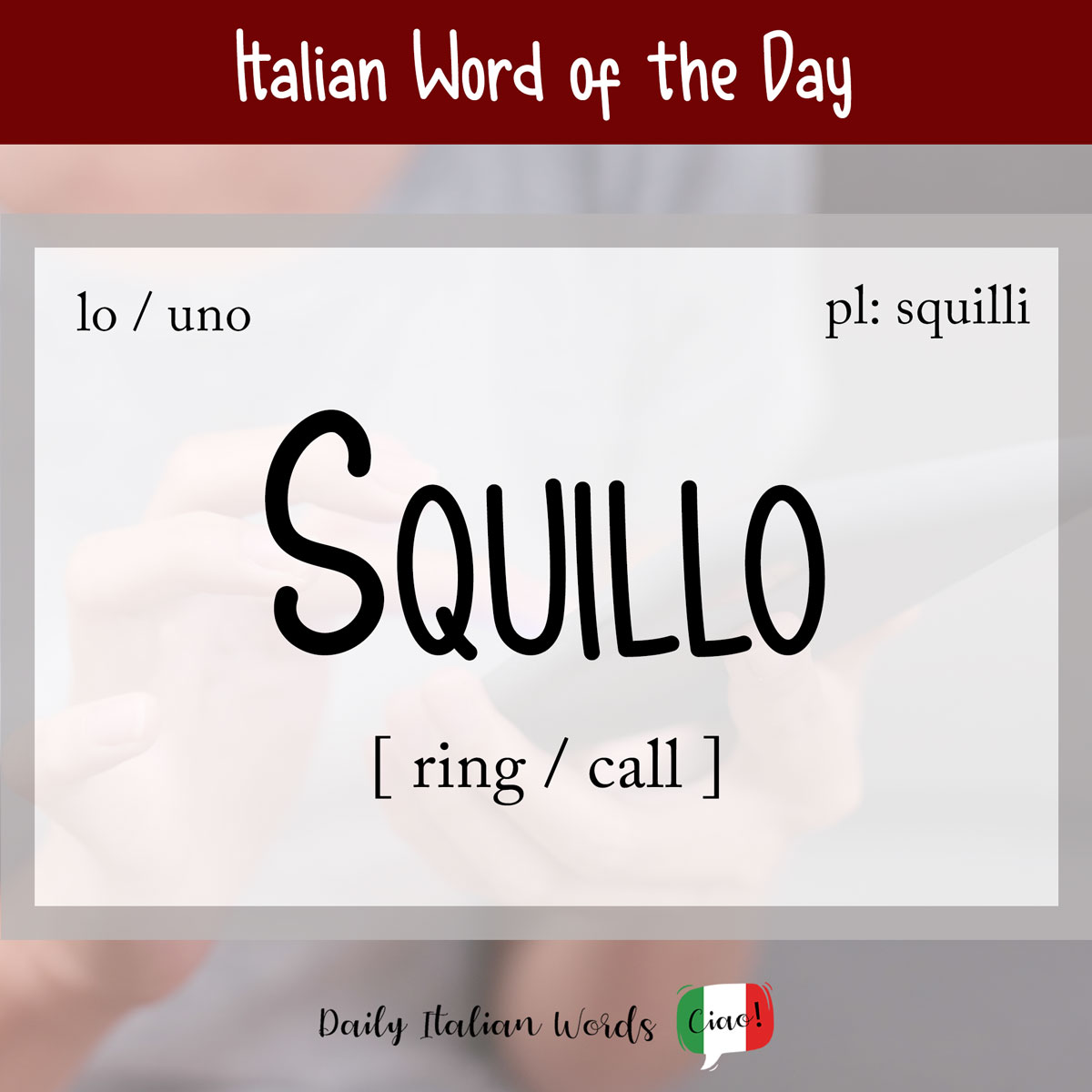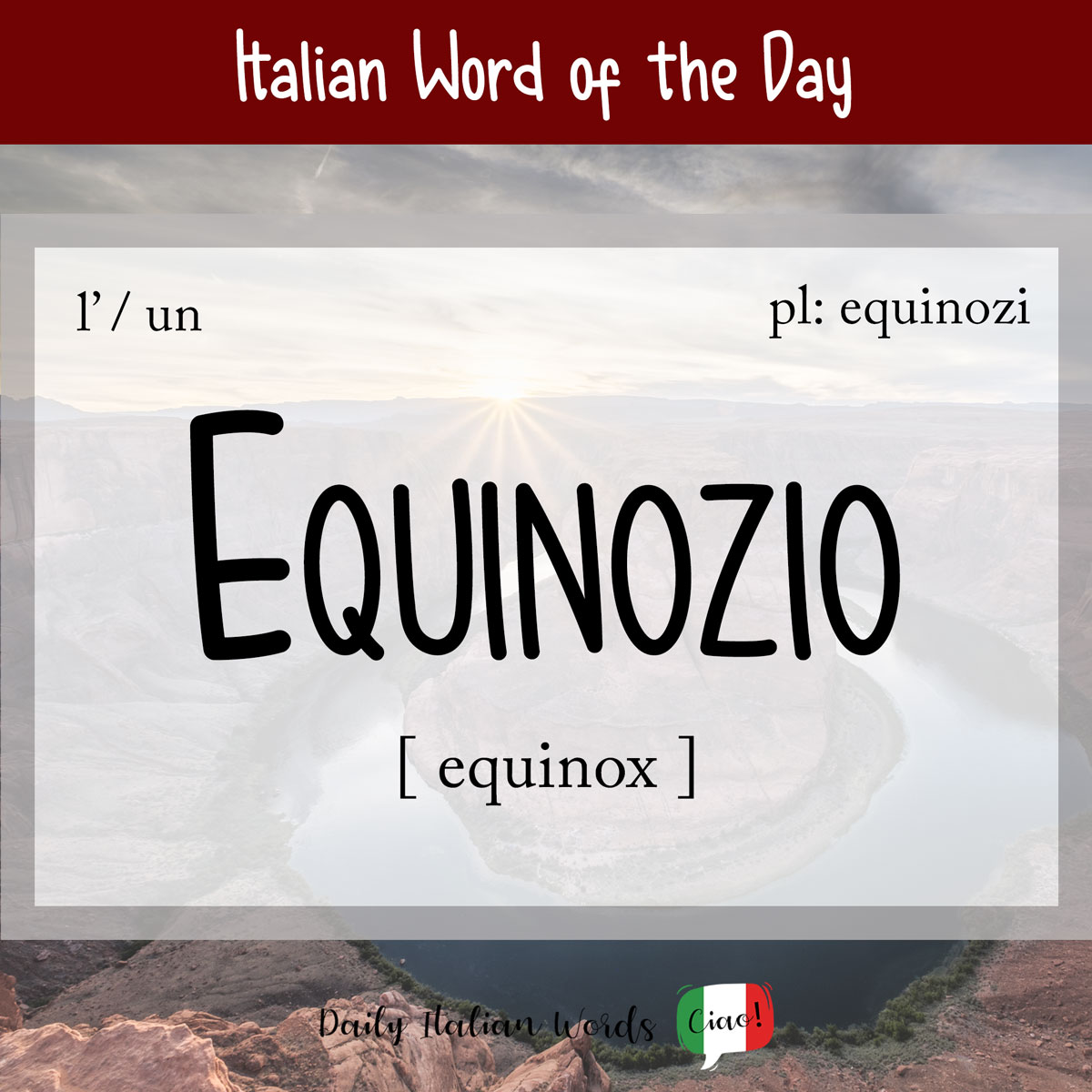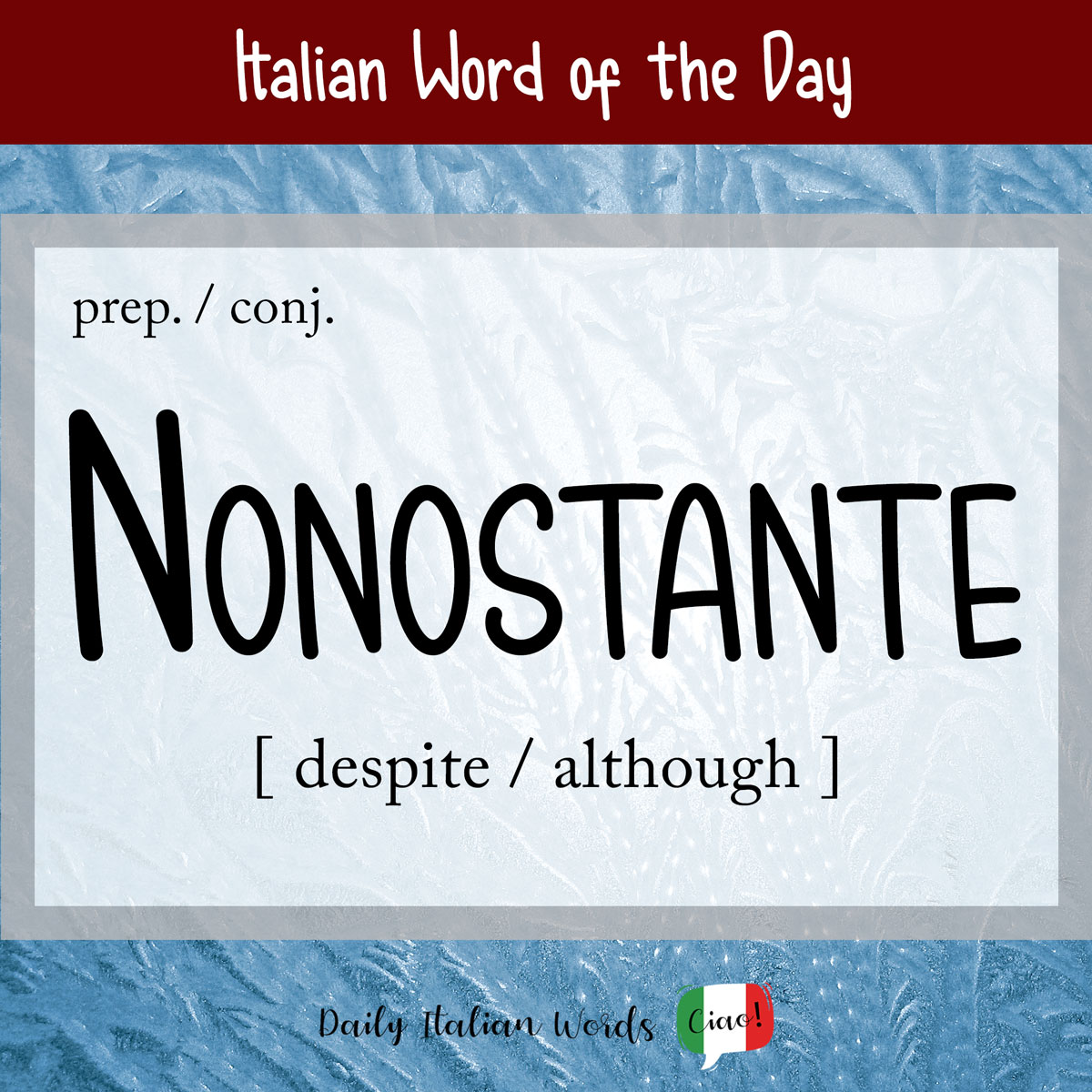Italian Word of the Day: Prevenuto (biased / prejudiced)
In a world filled with diverse cultures and individuals, it’s all too common for biases and prejudices to arise before we even have a chance to truly understand each other. A person with these negative characteristics can be described as prevenuto in Italian. The adjective prevenuto is in its masculine form, indicated by its ending …

